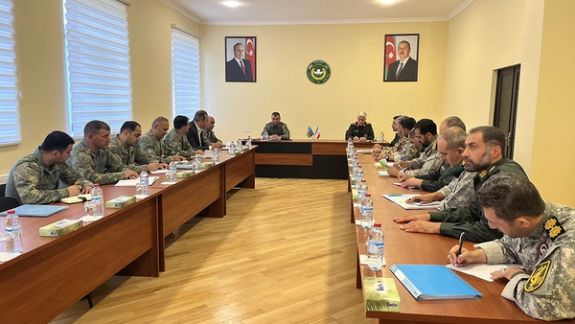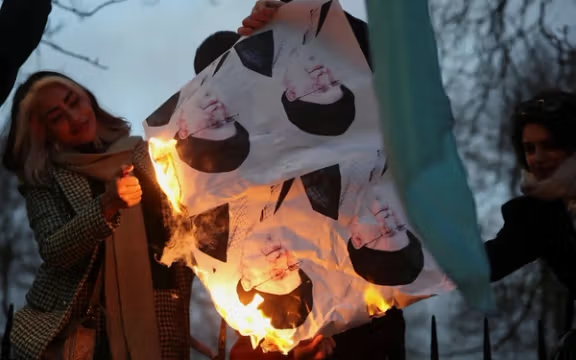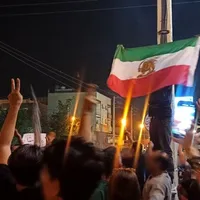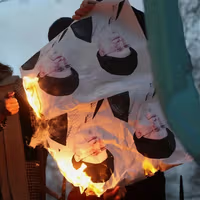Even after a stringent new bill on the subject stalled in parliament last year, authorities are looking for age-old and high-tech ways to police women's appearance.
The law was delayed due to significant public opposition and the authorities' likely reluctance to confront more protests like the nationwide Woman, Life, Freedom movement in 2022 which it suppressed using deadly force.
But far from being thwarted, the theocracy's enforcement apparatus is evolving in subtle but palpable ways.
An official push for citizen-led policing is empowering individuals to report on women deemed in violation of the state's morality codes. The law envisions business owners facing heavy fines or even closure if patrons of their establishments are reported and found non-compliant.
"That's economically prohibitive, especially in an environment where the economy is doing so poorly due to mismanagement, corruption, global isolation from the financial system and all things," Nia said.
"It really weaponizes people against one another. And it does it around financial incentives, which is very destructive because people need to live," she added. "It's very sinister when people are turned against one another and that really decays the fabric of a society."
The tattling has moved into cutting-edge technology, Nia added, with people being able to report women not wearing hijab inside their cars via an app.
"The other thing that was happening with cars is that there was an app that the regime put out and basically you could report if you saw a hijabless woman in a car," Nia said. "In terms of tech, nobody wants Big Brother watching them."
The official Nazer, or watcher, app allows people who are generally already registered as collaborating with the police or paramilitary basij forces to register and report alleged morality transgressions.
Nuclear deal, women's rights
Protesters and backers of Iran's 2022 protests remain skeptical about the prospect of a nuclear deal between Tehran and Washington, Nia said.
"When we see the victims and survivors of Woman Life Freedom - people who paid the ultimate price to really exercise their rights on the streets, many of them are not keen on the deal."
"They very explicitly believe that this is the wrong direction, that this will extend a lifeline to the regime, and they're wondering why they made those sacrifices," she added.
The standoff over Iran's disputed nuclear program has long usurped the human rights situation in the country in the minds of foreign governments and news organizations, Nia lamented, pushing the prospect of meaningful change ever farther away.
"Once the sort of headiness of the Woman Life Freedom Movement and the desire of governments to engage faded after a three-month intense period, six months total ... then there wasn't a view towards a long-term strategy," she said.
"The attention economy is tight."






